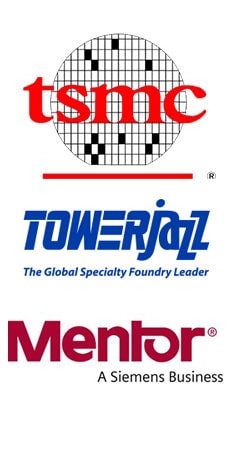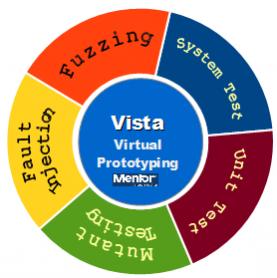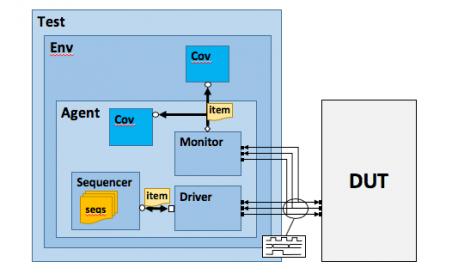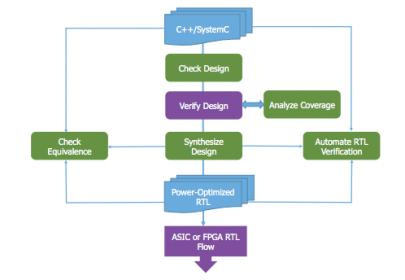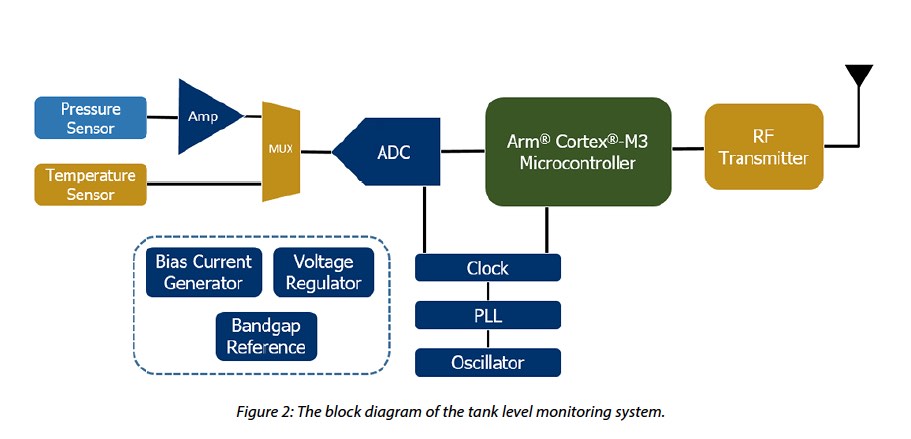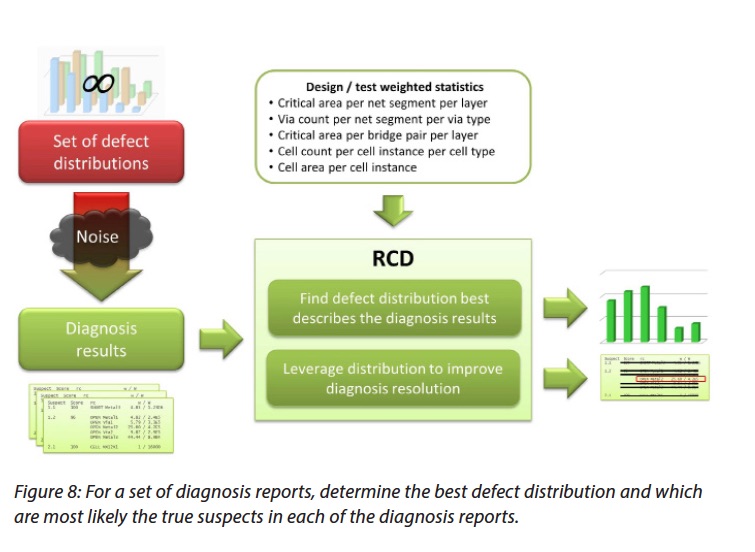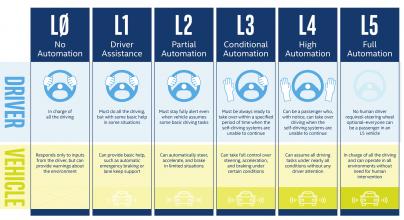Reliability of ICs isn’t a new thing, because back in 1980 I was investigating why a DRAM chip using 6um technology was having yield loss due to electromigration effects. I recall looking through a microscope at a DRAM layout and slowly ramping up the Vdd level then suddenly the shiny aluminum interconnect started to change… Read More
Fuzzing on Automotive Security
The ECU. That was the service department prognosis on the root cause of thealways-on air bag safety light on my immaculate car. Ten years ago the cost for its replacement with after market part was at par with getting a new iPhone 8. Today, we could get four units for the same price and according to data from several research companies,… Read More
WEBINAR: A UVM Cookbook Update
Something I always admire about Mentor is their willingness to invest their time and money in helping the industry at large. They do this especially in verification where they sponsor periodic Wilson surveys on the state of verification needs and usage in the industry. More recently they introduced their UVM Cookbook, an introduction… Read More
The Pain of Test Pattern Bring-up for First Silicon Debug
In the semiconductor world we have divided our engineering talent up into many adjacent disciplines and each comes with their own job titles: Design engineers, Verification engineers, DFT engineers, Test engineers. When first silicon becomes available then everyone on the team, and especially management all have a few big … Read More
Harnessing Clock and Power
Switching translates to power. Similar to the recent slow down experienced by Moore’s Law, the constant power density (power demand per unit chip area) prescribed by Dennard scaling was no longer affordable across the technological scaling. While the contribution of leakage power component in advanced process nodes was getting… Read More
Computer Vision Design with HLS
I’m on a mini-roll on the subject of high-level design for ML-based systems. No complaints from me, this is one of my favorite domains and is certainly a hot area; it’s great to that EDA vendors are so active in advancing ML-based design. Here I want to talk about the Catapult HLS flow for use in ML design.
Since I’ve covered the ML topic… Read More
Living on the (IoT) Edge
The phrase “where the rubber meets the road” is especially apt when it comes to discussions about the Internet of Things. The obvious interpretation is that dissimilar things are being put together in a mutually dependent fashion. When I hear the phrase I always think of the things that can go wrong, such a tire sliding instead of … Read More
Machine Learning Meets Scan Diagnosis for Improved Yield Analysis
Naturally, chips that fail test are a curse, however with the advent of Scan Logic Diagnosis these failures can become a blessing in disguise. Through this technique information gleaned from multiple tester runs can help pin down the locations of defects. Initially tools that did Scan Logic Diagnosis relied on the netlist to filter… Read More
Autonomous Driving and Functional Safety
The timelines proposed by automobile manufacturers for enabling fully autonomous driving are extremely aggressive. At the recent DAC55 conference in San Francisco, I attended a panel discussion on Functional Safety issues for assisted and autonomous driving, sponsored by Mentor Graphics. I also had the opportunity to chat… Read More
Mentor Calibre Panel
Getting your tape-out done on time is hard, but can it be made easier? That was the main topic of Mentor’s Calibre Panel held at DAC 2018, attended by a few key players in IC design ecosystem: Bob Stear, VP of Marketing at Samsung represented the foundry side; from the IP side, Prasad Subramaniam, VP of eSilicon for R&D and Technology;… Read More


